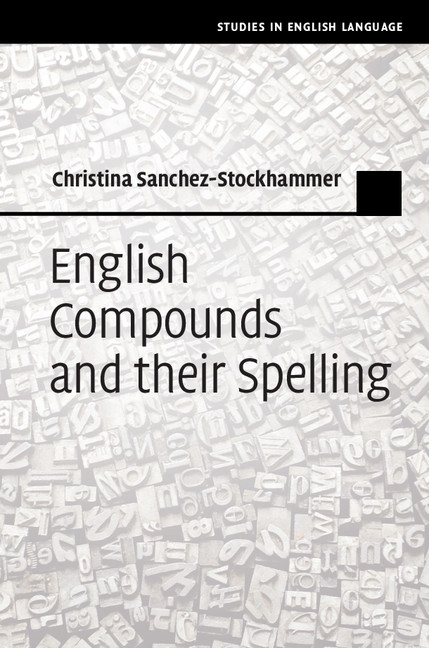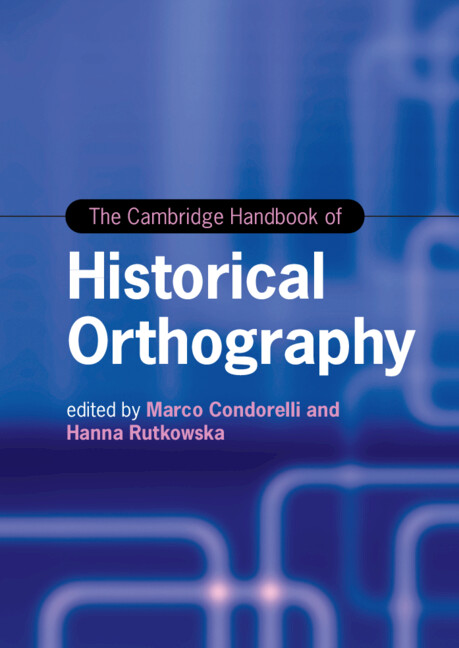English Compounds and their Spelling
Anyone writing texts in English is constantly faced with the unavoidable question whether to use open spelling (drinking fountain), hyphenation (far-off) or solid spelling (airport) for individual compounds. While some compounds commonly occur with alternative spellings, others show a very clear bias for one form. This book tests over 60 hypotheses and explores the patterns underlying the spelling of English compounds from a variety of perspectives. Based on a sample of 600 biconstituent compounds with identical spelling in all reference works in which they occur (200 each with open, hyphenated and solid spelling), this empirical study analyses large amounts of data from corpora and dictionaries and concludes that the spelling of English compounds is not chaotic but actually correlates with a large number of statistically significant variables. An easily applicable decision tree is derived from the data and an innovative multi-dimensional prototype model is suggested to account for the results.
- The most comprehensive account of English compound spelling so far
- Offers a spelling algorithm for English compounds that readers can use to determine the most likely spelling in cases of doubt
- Combines a theoretical and an applied approach to English compound spelling, applicable to readers from both types of background
Reviews & endorsements
'The investigation successfully explains why and how English compounds are orthographically represented … The book will therefore prove convenient mainly for researchers with an interest in morphology and the lexicon who appreciate an empirical corpus-based approach to language. These readers will readily recognise the vast majority of concepts and models discussed, and at the same time they will easily become familiarized with the new ones thanks to the clear distribution of contents, evolving from simpler to more complex. All in all, this publication is a valuable resource for anyone who wishes to understand the variables affecting compound spelling and has previous experience in corpus analysis and research.' Jesús Fernández-Domínguez, LINGUIST List
Product details
May 2018Hardback
9781107197848
416 pages
236 × 158 × 25 mm
0.71kg
8 b/w illus. 142 tables
Temporarily unavailable - available from TBC
Table of Contents
- 1. Introduction
- Part I. Theoretical Background:
- 2. Delimitating the compound concept
- 3. The normative background
- Part II. Empirical Study of English Compound Spelling:
- 4. Material and method
- 5. Potential determinants of English compound spelling
- Part III. Modelling English Compound Spelling:
- 6. Compound spelling heuristics
- 7. Modelling English compound spelling
- 8. Summary and conclusion.




